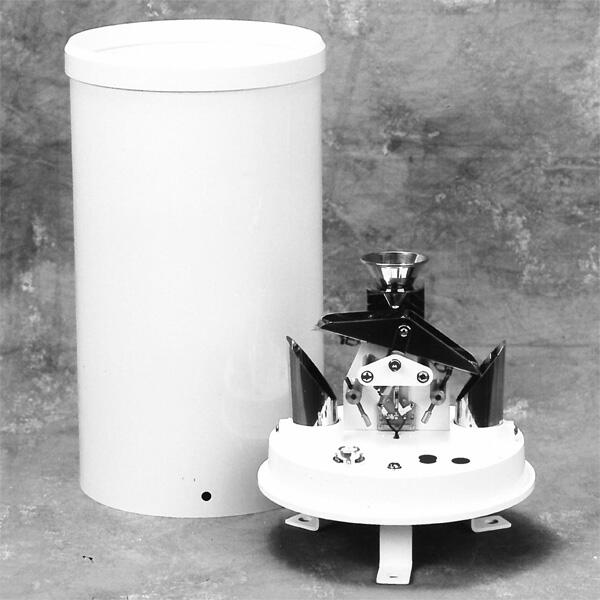
# 10 Practical Applications of Rain Gauges in Everyday Life
Rain gauges are simple yet essential tools used to measure the amount of precipitation over a specific period. While they are commonly associated with meteorology, their applications extend far beyond weather forecasting. Here are 10 practical uses of rain gauges in everyday life:
## 1. **Gardening and Landscaping**
Rain gauges help gardeners and landscapers monitor rainfall to determine when and how much to water plants. This ensures optimal growth and conserves water by avoiding over-irrigation.
## 2. **Agriculture**
Farmers rely on rain gauges to track precipitation levels, which directly impacts crop health and irrigation schedules. Accurate rainfall data helps in planning planting and harvesting activities.
## 3. **Flood Prevention**
In flood-prone areas, rain gauges provide early warnings by measuring excessive rainfall. This data helps authorities and residents prepare for potential flooding and take preventive measures.
## 4. **Water Resource Management**
Rain gauges are crucial for managing water resources, such as reservoirs and dams. They help in assessing water availability and planning for droughts or surplus conditions.
## 5. **Construction Projects**
Construction sites use rain gauges to monitor weather conditions. Excessive rainfall can delay projects or damage materials, so accurate measurements help in scheduling and protecting the site.
## 6. **Environmental Research**
Scientists and researchers use rain gauges to study climate patterns, precipitation trends, and their impact on ecosystems. This data is vital for understanding environmental changes.
## 7. **Urban Planning**
City planners use rainfall data to design drainage systems, manage stormwater, and prevent urban flooding. Rain gauges provide the necessary information for effective infrastructure development.
## 8. **Sports and Recreation**
Outdoor sports facilities, such as golf courses and parks, use rain gauges to maintain playing conditions. This ensures safety and optimal performance for athletes and visitors.
## 9. **Home Maintenance**
Homeowners can use rain gauges to monitor rainfall and assess potential risks, such as basement flooding or roof leaks. This helps in timely maintenance and damage prevention.
## 10. **Education and Awareness**
Rain gauges are excellent tools for teaching students about weather, climate, and the water cycle. They also raise public awareness about the importance of water conservation and environmental stewardship.
In conclusion, rain gauges are versatile instruments with a wide range of applications in everyday life. From agriculture to urban planning, they play a vital role in ensuring efficiency, safety, and sustainability. Whether you’re a farmer, gardener, or homeowner, incorporating a rain gauge into your routine can provide valuable insights and benefits.
Keyword: 10 uses of rain gauge
